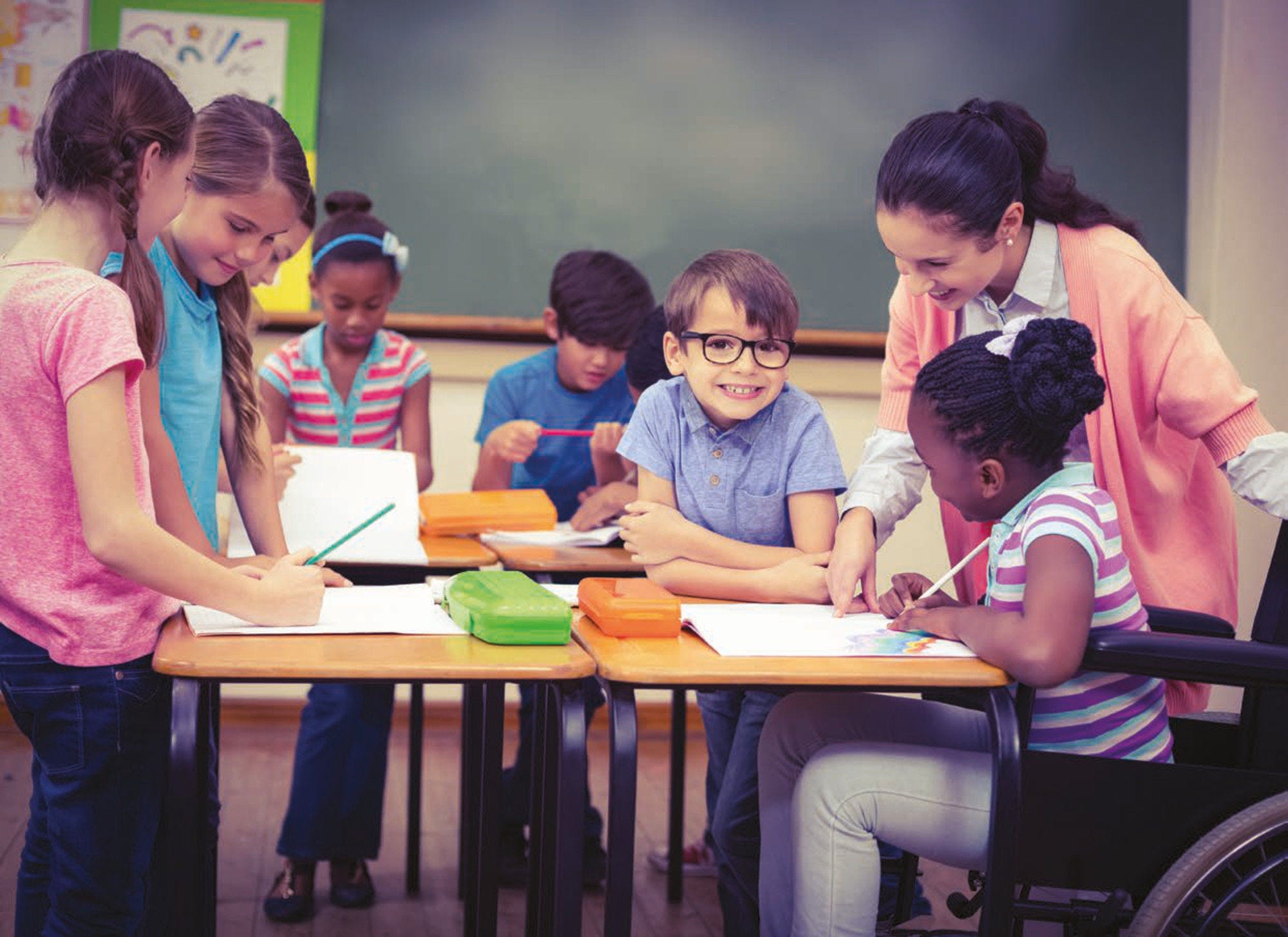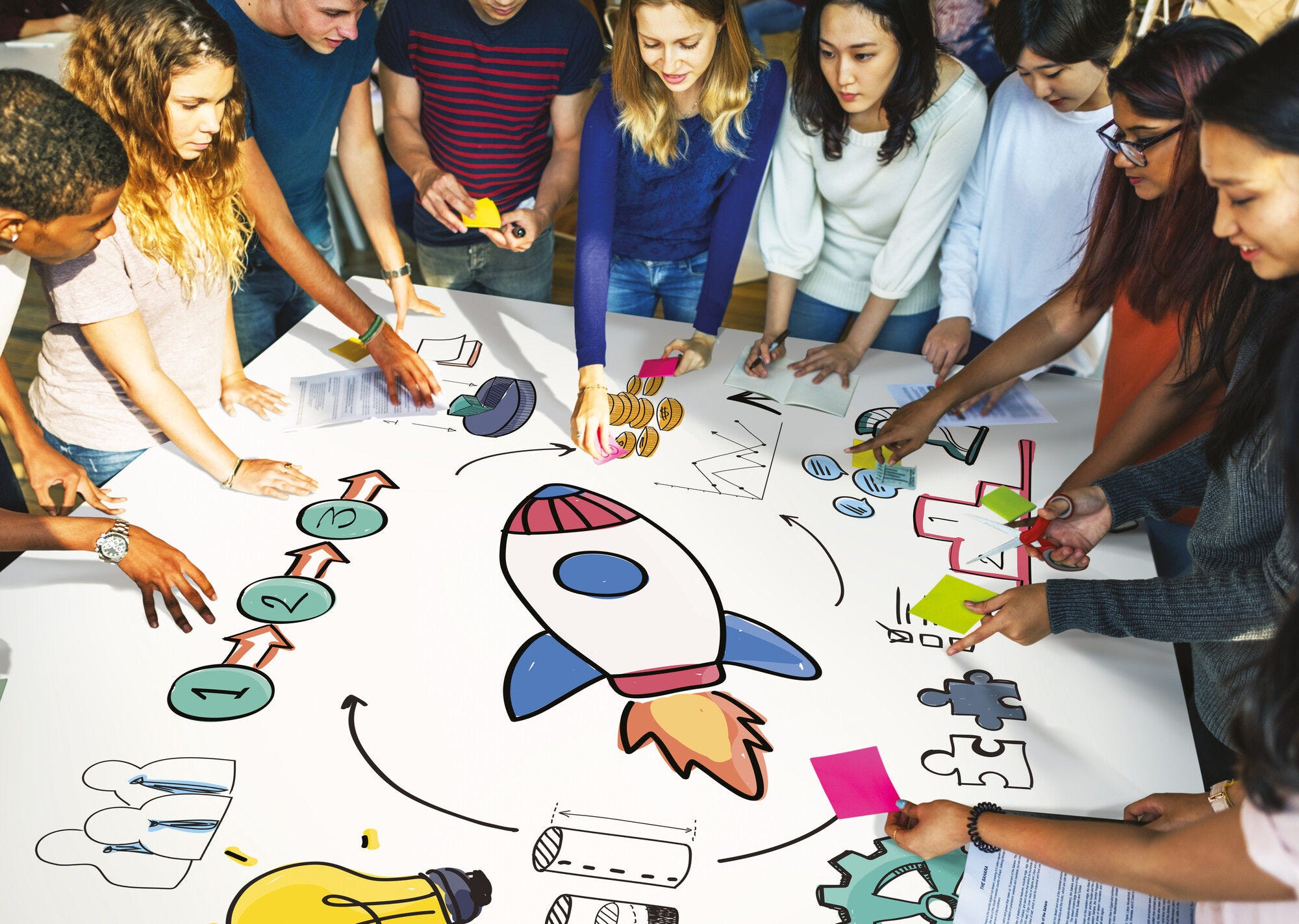For the first time, the OECD Future of Education and Skills 2030 project conducted comprehensive curriculum analyses through the co-creation of new knowledge with a wide range of stakeholders including policy makers, academic experts, school leaders, teachers, NGOs, other social partners and, most importantly, students. This report is one of six presenting the first-ever comparative analyses on curriculum, summarising existing literature, listing challenges and strategies countries reported, and suggesting lessons learned from unintended consequences countries experienced with their curriculum reforms.
Major trends in curriculum innovations towards a "21st century curriculum" have emerged as four types: digital curriculum, personalised curriculum, cross-curricular competencies and content-based curriculum, and flexible curriculum. While these innovations hold the promise to enhance student learning and well-being, and to make learning more relevant for their social and future life, countries and schools also face the complex realities of equity gaps among students. This report takes a pragmatic look at equality, equity and inclusion in curriculum. It examines how curriculum can be adapted to meet specific needs of diverse learners, particularly vulnerable students. It also features a range of strategies which countries use to design curriculum, so that no student will be left behind.







